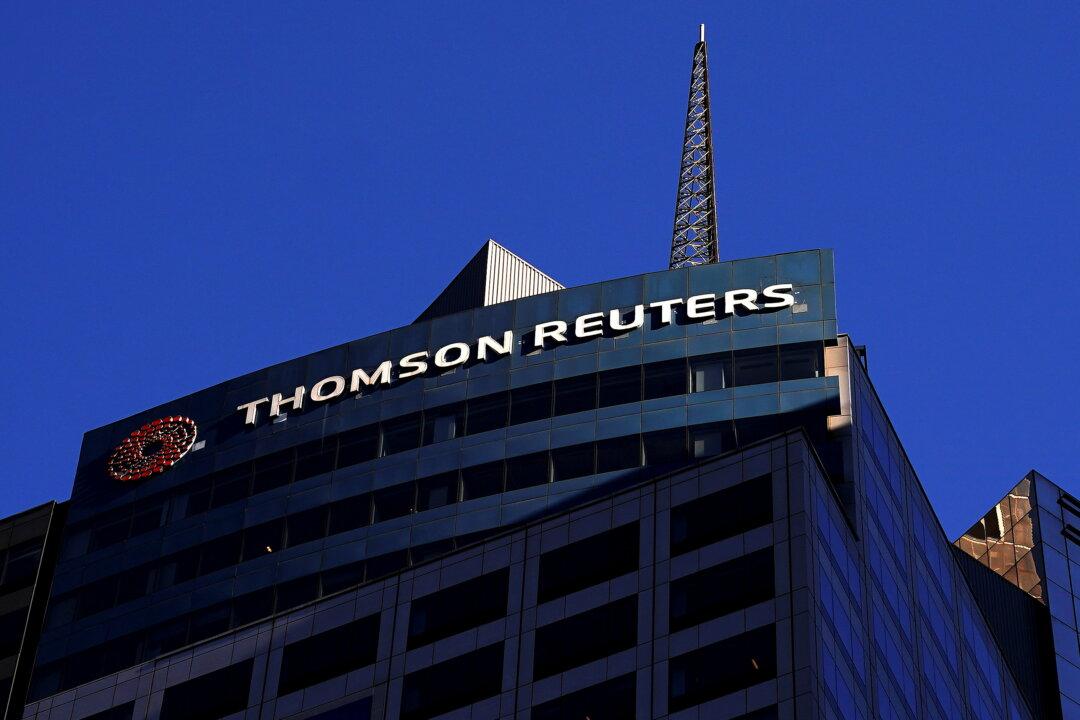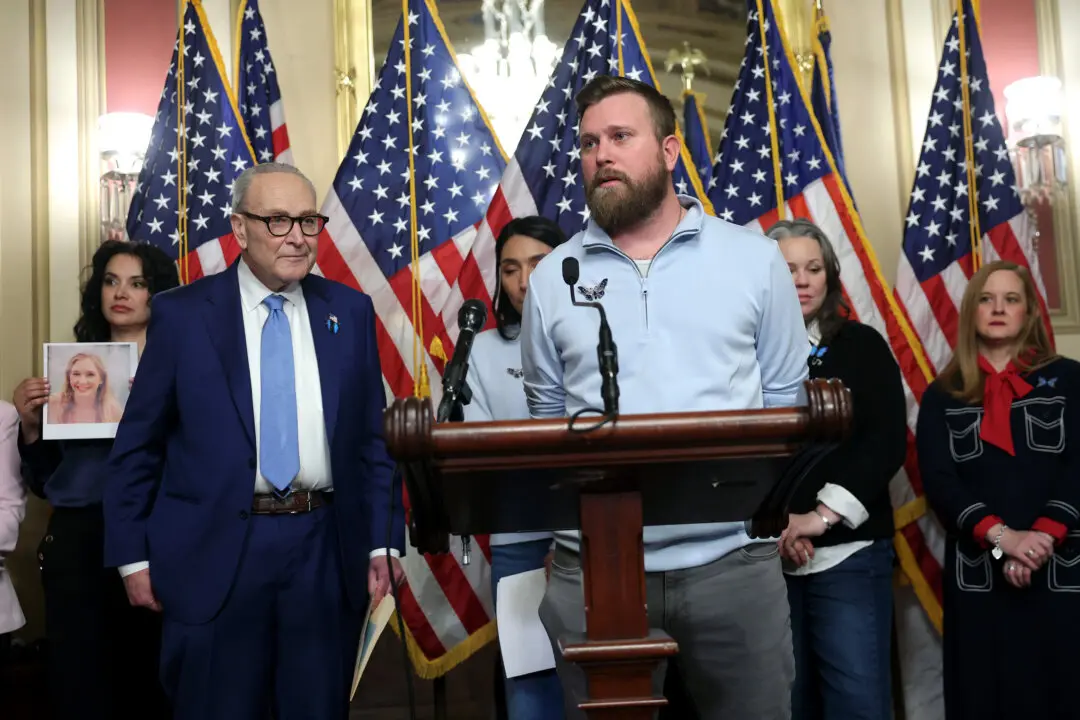A federal judge ruled in favor of Thomson Reuters on key copyright infringement claims in its lawsuit against ROSS Intelligence, an AI-powered legal research platform, dealing a blow to the startup accused of unlawfully using content from Westlaw, Reuters’s own legal research database.
U.S. Circuit Judge Stephanos Bibas issued an opinion on Feb. 11, reversing portions of a prior summary judgment decision he made in 2023 largely rejecting Thomson Reuters’s requests for summary judgment against the AI company.





